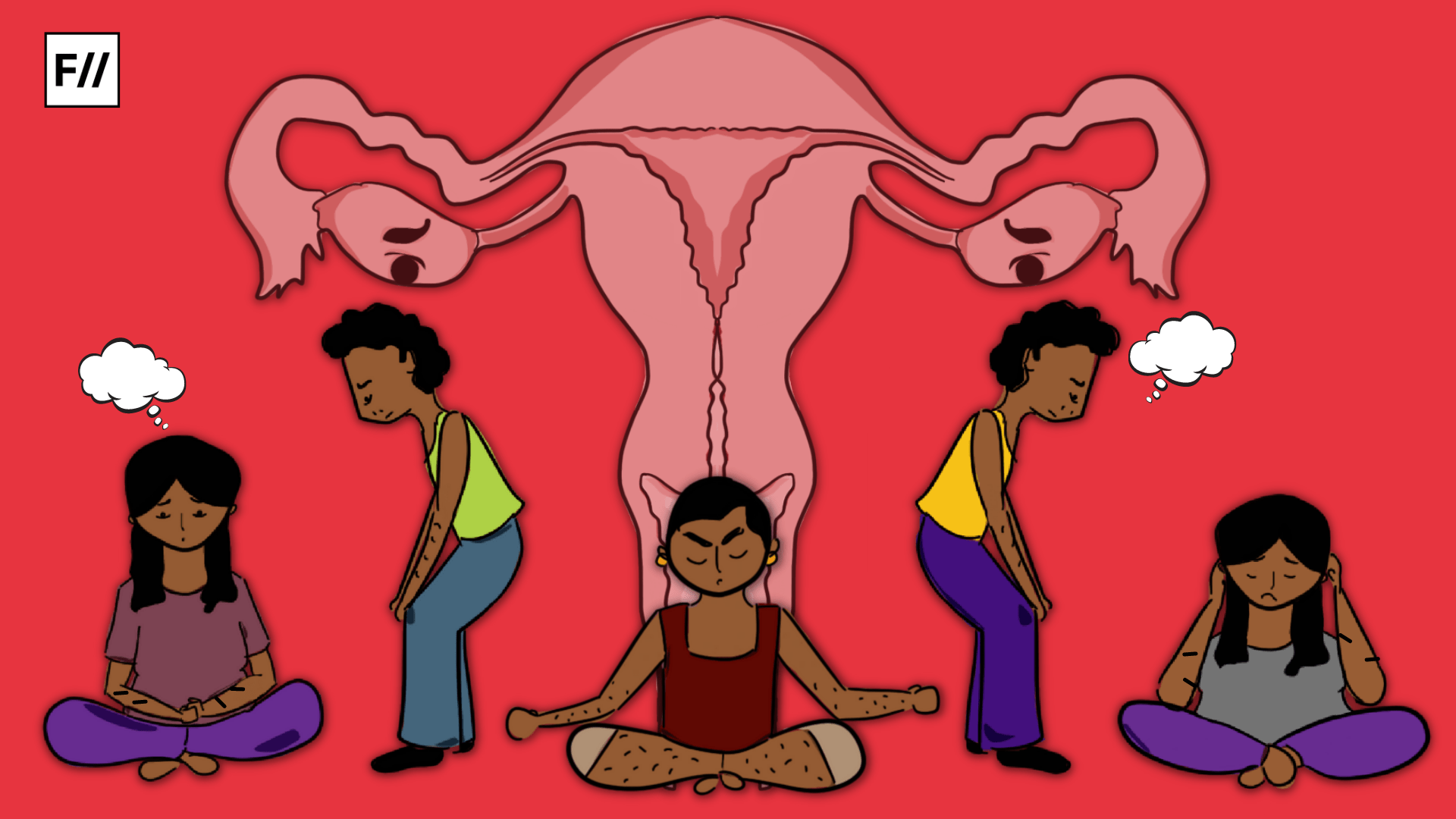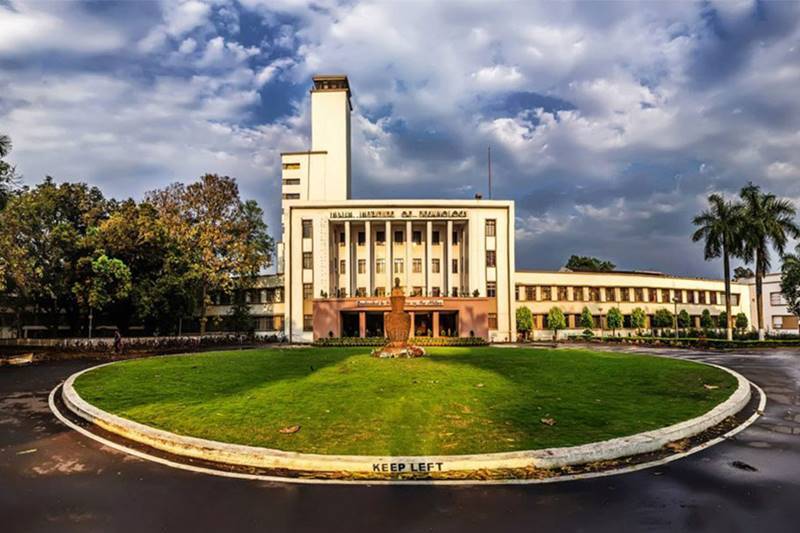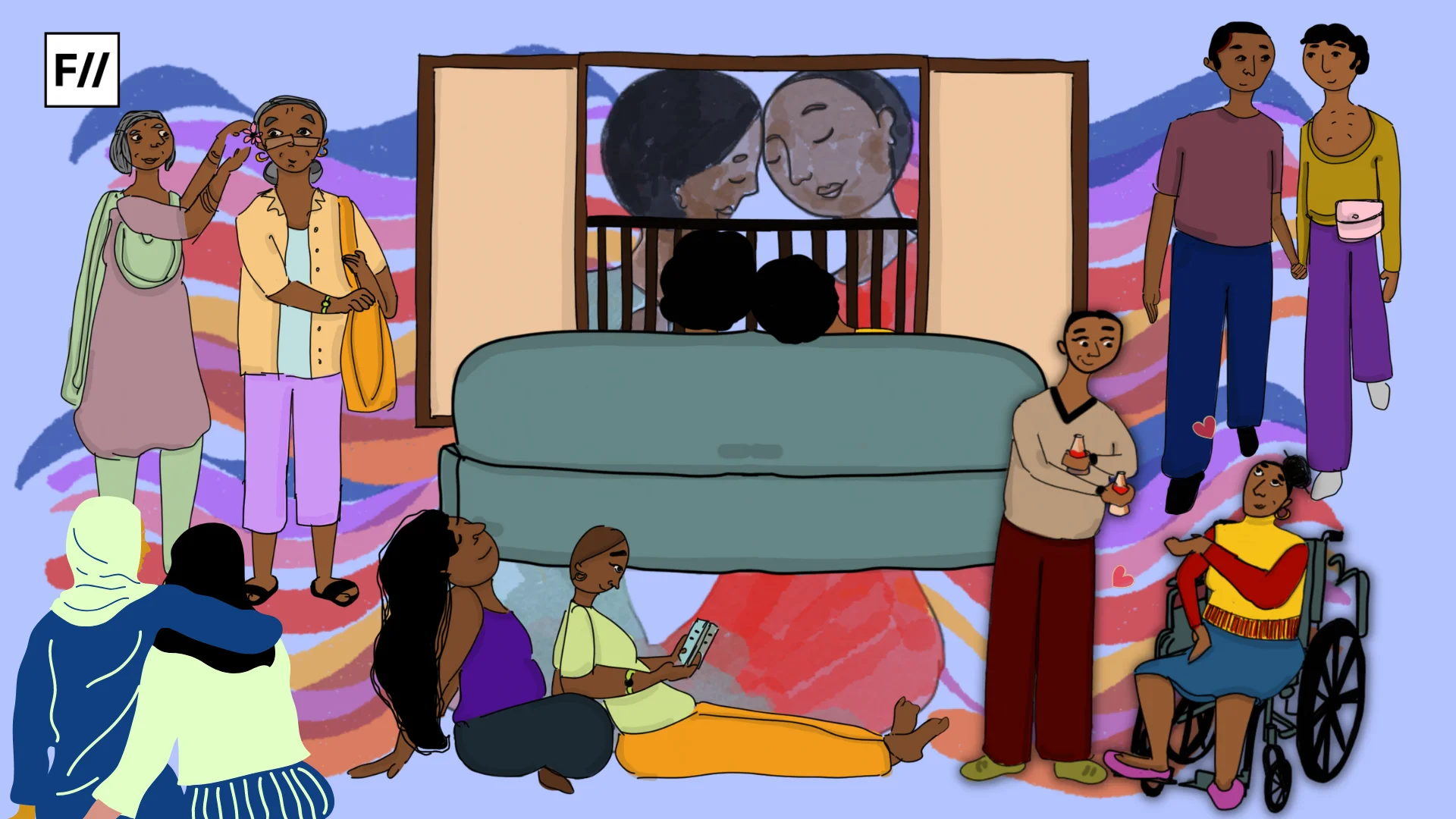Pre Menstrual Syndrome (PMS) is a mix of symptoms that so many menstruators dread. They include a complex bundle of physical and emotional changes, that create fatigue and distress right before a menstrual cycle begins. PMS is experienced by a large number of menstruators and yet, there is a lack of extensive research or awareness about it.
Often, PMS is dismissed off as just mood swings or food cravings and this is also used as a tool to gaslight the discomfort of people who experience it. PMS is much more than blues, erratic emotions and cramps. It is a condition that has implications that range far beyond ‘just being cranky‘ before the period begins.
The history of PMS is also one of the trivialisation of menstrual distress into a gendered trait. In popular culture, PMS is seen to be used as a tool to make fun of menstruators, especially women, by ascribing weakness. The anger of women in general is also always connected to PMS and other kinds of menstrual discomfort, thereby invisibilising their legitimate disagreement and rage. Much like the history of hysteria, PMS is something that is also a sociological tool for assigning gendered traits to menstruators.
PMS is not something that can be neglected or dismissed off as mild discomfort that is bound to occur before menstruation. It must be understood scientifically as well as psychologically and we must employ the gender lens to better explore the various nuances of it so that we do not let our gender bias restrict our comprehensive understanding of PMS

What is Pre Menstrual Syndrome?
Pre Menstrual Syndrome is a cluster of physical, behavioral, and emotional changes occurring typically at the time before a menstrual period occurs. It often repeats itself before every period and affects the daily functioning of the individual experiencing it. The typical symptoms of PMS include bloating, tenderness of breasts, weight gain, cramps, headaches, pimples, spike in appetite, sudden changes in mood and so on. The degree of these symptoms vary in different menstruators.
A study published in the National Medical Journal of India in 2019 cites that among 300 students attending the science stream at a women’s college of Puducherry, the prevalence of PMS was 62.7 per cent. Back, joint and muscle aches were the most common symptoms followed by abdominal heaviness and discomfort. PMS is associated with reducing the quality of life of the person who experiences it during the PMS phase since it often interferes with wellness, productivity and mental health.
PMS is not something that can be neglected or dismissed off as mild discomfort that is bound to occur before menstruation. It must be understood scientifically as well as psychologically and we must employ the gender lens to better explore the various nuances of it so that we do not let our gender bias restrict our comprehensive understanding of PMS.
There is a need to address the many myths around PMS to effectively bring back scientific discourse on the topic and move towards arriving at possible remedies for the same.

Myth 1: PMS is only about bad moods
PMS is not some strange phenomenon that puts menstruators in bad moods, and it definitely is not a reason for anyone to dismiss or gaslight them. PMS refers to a cluster of symptoms, which includes mood swings and low moods. But there is a lot more to it as is already mentioned. PMS can have both mental and physical symptoms, so it is a realm of things happening simultaneously, which go far beyond ‘just being annoyed‘.
Although there is no precise research available on why PMS occurs, emotional disturbances are thought to be connected to the rise and fall of hormones, specifically estrogen, throughout the menstrual cycle. The psychological manifestations may be a consequence of these hormonal changes, and not vice versa. PMS is experiences emotionally and physically, but reducing it to just an emotional experience is problematic, especially considering that it is used to sideline the distress of menstruators, specifically women, and label them as weak or unstable.
Also read: Why Premenstrual Dysphoric Disorder Is Not Your Regular PMS?
PMS is a medical diagnosis given by a healthcare provider after considering the number, type, and severity of a person’s premenstrual symptoms. Symptom tracking can be a valuable tool to look out for PMS symptoms and to gauge if a person requires medical consult. Getting familiar with one’s premenstrual symptom pattern can be useful for letting them know where they are in the cycle, helping them plan ahead to mitigate uncomfortable symptoms, and identify triggers that aggravate symptoms
Myth 2: All menstruators have PMS
It’s true that many people face some or the other forms of PMS symptoms, but it cannot be said that all menstruators invariably have it. While some people might experience premenstrual symptoms of low to moderate intensity, if they don’t have a significant negative effect on a person’s life, this is not considered PMS from a medical perspective.
PMS and the impact it has on a person changes with age, menstrual flow, presence of other contributing factors like PCOS (Polycystic Ovarian Syndrome), mental health conditions, menopause and the like. Menstruation in itself is not a homogeneous experience and that applies to PMS as well.
Myth 3: PMS has no complications
Since PMS is a medical condition, this claim is untrue. Premenstrual Dysphoric Disorder (PMDD) is a severe form of PMS that causes extreme mood shifts, sadness, hopelessness, and irritability or anger along with other PMS symptoms such as breast tenderness and bloating.
PMDD is a serious, much more complicated manifestation of PMS that requires medical attention and care. The claim that PMS is just something that happens before a person menstruates and that it does not warrant investigation or attention is a myth that has been propagated to stifle conversations about menstrual distress and keep in tact the taboo around such conversations.
PMS is a medical diagnosis given by a healthcare provider after considering the number, type, and severity of a person’s premenstrual symptoms. Symptom tracking can be a valuable tool to look out for PMS symptoms and to gauge if a person requires medical consult. Getting familiar with one’s premenstrual symptom pattern can be useful for letting them know where they are in the cycle, helping them plan ahead to mitigate uncomfortable symptoms, and identify triggers that aggravate symptoms.
PMS and PMDD symptoms are serious, and it’s important that we don’t ignore them. It’s even more important that the society stops using them as a way to brush away some serious issues that menstruators may be facing.
Also read: PMS And PMDD: What Do We Know And How Can We Support Others?
Featured Image: Ritika Banerjee for Feminism In India
About the author(s)
Feminism In India is an award-winning digital intersectional feminist media organisation to learn, educate and develop a feminist sensibility and unravel the F-word among the youth in India.




